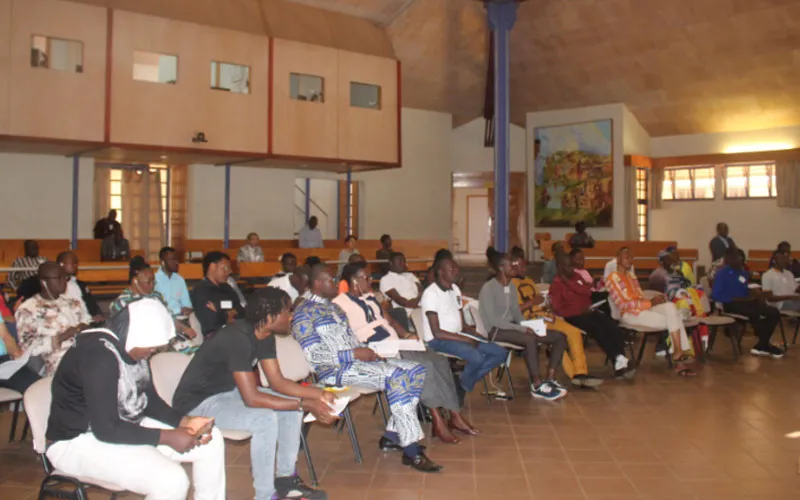Nairobi, 30 September, 2022 / 9:55 pm (ACI Africa).
What started four years ago as a burning desire by a handful of students of Italy-based Sophia University Institute to transfer the learning institution’s culture of unity to Africa has evolved into a gigantic initiative of young changemakers that now covers 14 African countries.
Today, Together for a New Africa (T4NA), which took form in 2018 to equip young people, especially those graduating from Sophia University Institute and other universities abroad to go “back to Africa” and “to shape a new Africa together”, has not only impacted tens of thousands of youth across the continent, but has also doubled the reach per country, from the initial seven to the current 14.
Started in January after a few years of deliberations and planning, T4NA first trained 100 youth from Kenya, Uganda, Tanzania, the Democratic Republic of Congo (DRC), Rwanda, Burundi, and South Sudan.
The 100 young tutors were then sent to their respective countries where they started transformative movements that brought together thousands of youth who, for a period of four years, were engaged in various social, economic and political activities to transform their communities.
At the start of the new cycle, which kicked off with a training of T4NA tutors in Nairobi, Kenya, Ernst Ulz, a Consultant and Fundraiser for the African initiative said that the initiative had gained a lot of popularity in Africa and was intending to cover the whole continent and beyond.








